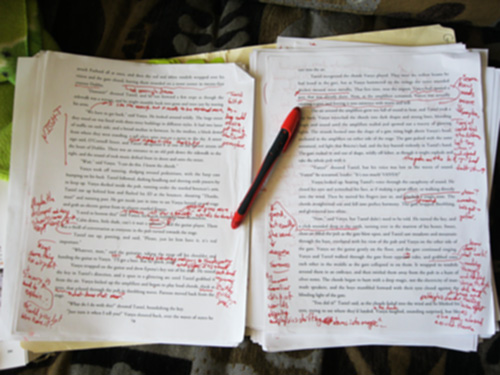In the Spectator, Matt Ridley writes about a plague of “Lying with science” by those he dubs “apocoholics”. He says we “have been moving smoothly for decades from one forecast apocalypse to another” from vaccines causing autism to Y2K “without waiting to be proved right or wrong”. And while some of it is honest if foolish error, he blames sensationalism for increasingly hyping “scientific papers… that are little more than lies laundered into respectability with a little statistical legerdemain”. Those upset that the public do not accept the “settled science” of global warming might usefully ponder their own guilt in abusing science to promote panic to the point that this once magic word is losing its potency.
Another term used to crush dissent, especially on climate, is “peer reviewed”. But while that term conjures up images of bearded sages peering into test tubes to ensure that the work of complete strangers can be replicated, there is increasing evidence that it’s turning into a sloppy resume- and income-padding rituals that too often, especially in areas like climate, is “pal review” by like-minded acquaintances who may well on other papers be co-authors. Thanks in part to 30 years of efforts by American nephrologist and physiologist Drummond Rennie, there has been serious attention given to defects in the system, from laziness to plagiarism. But it is far from fixed.
Partly as a result, another term coming increasingly into prominence is “replication crisis”. The more people discover the impossibility of replicating the results of so-called peer-reviewed journal articles in the social or other sciences, the more they worry that papers get published because not because they are true but they would be startling if true. Serious practitioners in many fields increasingly worry about what the pressure to publish or perish, growing sensationalism, journalistic incuriosity and other such factors are doing to their professions. As they should.
It would be problematic if people lost faith in science, to the extent that they ever had it. But there are solid grounds for Ridley’s argument that misuse of science rather than public perversity is the big problem today. He cites a number of panics in a number of areas, including a recent paper about climate change wiping out insects that had its dubious origins in an online search for “insect” and “decline” that thus filtered out any papers reporting an increase or no change and going downhill from there. Journalists, he says, must become more sceptical, including of who funds these alarmist studies, which they certainly raise a stink about if they don’t like the findings. So should scientists.
The solution is simple though pace Ronald Reagan not easy. It is that everybody must put truth ahead of comfort and apply the same standards to themselves that they would to those they critique. After all, if the theory they are defending is true, it has nothing to fear from truth. If it is not true, they should not defend it. And if truth itself should be discredited we are all in a heap of trouble.


